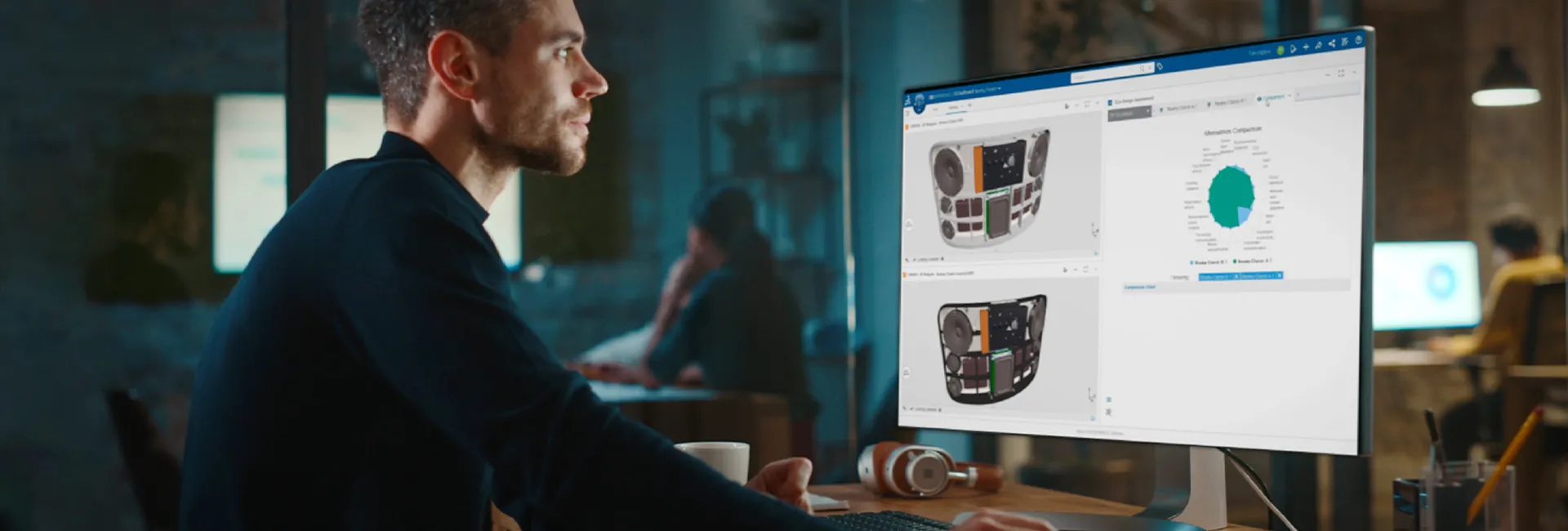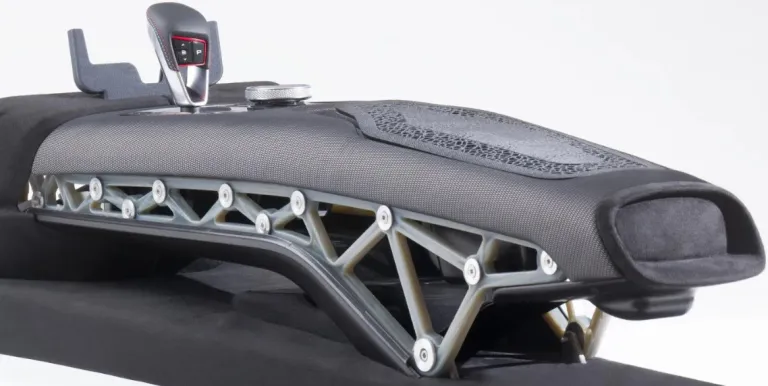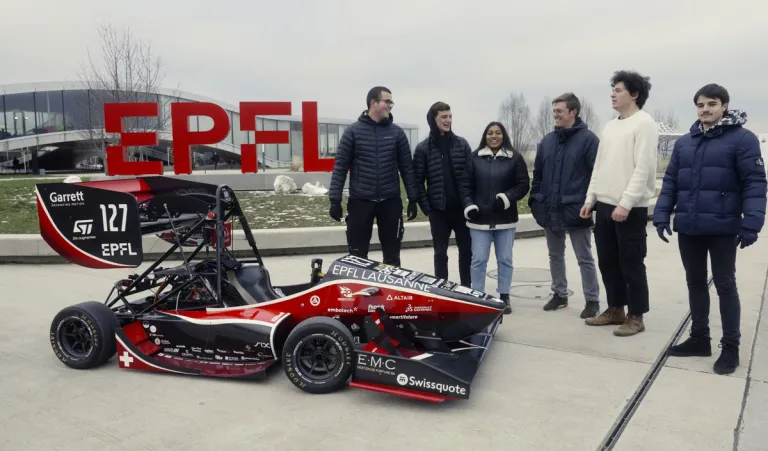Life Cycle Assessment: Do more than measure your environmental impact
Advanced digitalization helps companies achieve their carbon neutral goals by not only measuring their current environmental impact, but also the impact of future decisions.
Urgent times call for effective solutions
Committing to carbon neutrality is just the first step. The second is how you actually achieve it. This starts with being able to measure the environmental impact of your business end-to-end.
But that shouldn’t be the limit. Life Cycle Assessment (LCA) tools/software, also known as life cycle analysis, enables you to assess the sustainability of any decision you make, even before they’re implemented.
Sustainable Innovation Intelligence
How Manufacturers Are Planning for a More Sustainable Future
The Role of Lifecycle Assessment in Achieving Net-Zero Goals
LCA is not just a measurement tool; it’s a strategic asset in the quest for net-zero carbon emissions. Companies aiming to achieve net-zero must identify and mitigate emissions across the entire lifecycle of their products and services. From sourcing raw materials to end-of-life disposal, LCA provides actionable insights to reduce greenhouse gas emissions effectively.
For example, by leveraging LCA tools, businesses can pinpoint high-impact areas such as energy-intensive manufacturing processes or inefficient transportation routes. This data empowers them to implement targeted changes, such as adopting renewable energy sources, streamlining logistics, or investing in more sustainable materials.
80%1 of a product or service’s design determines its environmental impact throughout the lifecycle.
56% of executives know the importance of integrating sustainability principles into product and service development.
Yet only 26% have revised their product and service development processes to maximize any sustainability benefits.
Lifecycle Assessment in the Circular Economy
A circular economy focuses on minimizing waste and maximizing resource efficiency by designing products and systems that enable reuse, refurbishment, and recycling. Lifecycle Assessment plays a critical role in this model by providing data on the environmental impact of materials and processes.
For instance, an LCA study can help businesses compare the environmental benefits of recycling materials versus sourcing new ones. By using LCA insights, companies can design products with extended lifespans, modularity for easier repair, and materials that are simpler to recycle—key principles of circularity.
csi entwicklungstechnik
German engineering services provider csi entwicklungstechnik adopted the 3DEXPERIENCE platform and its cloud-based sustainability solution to embed Life Cycle Assessment into a virtual twin to support the eco-design process for its customers which include international automotive OEMs.
EPFL Racing Team
The Swiss EPFL Racing Team is the first Formula Student organization with its own sustainability department. The team uses the 3DEXPERIENCE platform and its solution, Eco-Design Engineering for Education, to assess the environmental impact of its electric formula racing car. Through a comprehensive lifecycle assessment (LCA), they were able to examine which areas of the vehicle to improve, using this analysis to guide the eco-design of its next-generation racing car.
What is Life Cycle Assessment and why do you need it?
LCA quantifies the environmental impact of end-to-end business products and services, from sourcing raw materials to delivering finished goods. By using data about a company’s processes and from thousands of sources, LCA aims to answer questions such as:
- Which product designs and material selections are the most sustainable ones?
- Which processes have the lowest consumption of land and water resources?
- Which manufacturing and supplier strategy has the best carbon footprint?
LCA tools have been available for decades, but they have long been the preserve of specialist teams, and their findings have been difficult and time-consuming to integrate into product development and delivery.
However, thanks to advanced digitalization and virtual twin technologies, LCA is now being put in the hands of teams who can use it to optimize design choices, right from the beginning, with a clear understanding of what actions have the highest environmental impact.
This allows project teams to work collaboratively and identify optimal trade-offs, test designs virtually and cost-effectively, and reduce cycle times.
The above is a simplified LCA demonstration of two HVAC components. We invite you to explore different results using the Recalculate button to see how the different human activities compare with each other and with your sustainability goals. The data for the human activities comes directly from the 3DEXPERIENCE platform’s built-in LCA solution, with the ecoinvent database2 fully integrated.
The power and potential of LCA within the virtual twin
Dassault Systèmes’ Sustainable Innovation Intelligence solution enables this integration of LCA and virtual twin technologies with design and delivery functions.
By combining LCA with the virtual twin, detailed environmental assessments are available from as early as the ideation stage, and then to every member of the innovation process downstream.
To consistently deliver accurate insights, Dassault Systèmes has partnered with environmental intelligence provider ecoinvent. Their database monitors 20,000 activity types, with data updated every year, and allows for optimization across 16 different KPIs.
LCA brings the metrics needed to evaluate environmental impacts across the product lifecycle. Integrating that with virtual twin technology opens new possibilities to address those impacts very early on.
Key Factors of the Sustainable Innovation Intelligence Solution
The Sustainable Innovation Intelligence solution enables companies to:
- Follow a sustainability-driven engineering approach that sets sustainable goals, reinforces eco-design practices and drives innovation throughout the product lifecycle
- Assess human activities and optimize for sustainability
- Understand a product’s environmental impact across the value chain, from raw materials, to packaging and transport, to manufacturing, to recovery and end-of-life
- Explore design alternatives and model various trade-off scenarios

The ecoinvent Database
The ecoinvent association is the world leader in the provision of environmental data. The ecoinvent database contains over 19,000 life cycle inventory datasets across all industrial sectors. It covers a diverse range of sectors on a global level. A not-for-profit association, ecoinvent was founded by the Swiss research institutes ETHZ, EPFL, PSI, Empa and Agroscope and promotes the availability of environmental data worldwide.
1Source: “The Contribution of Design to Sustainable Development” by Euractiv
2Source: “Ecoinvent database” by IISD



